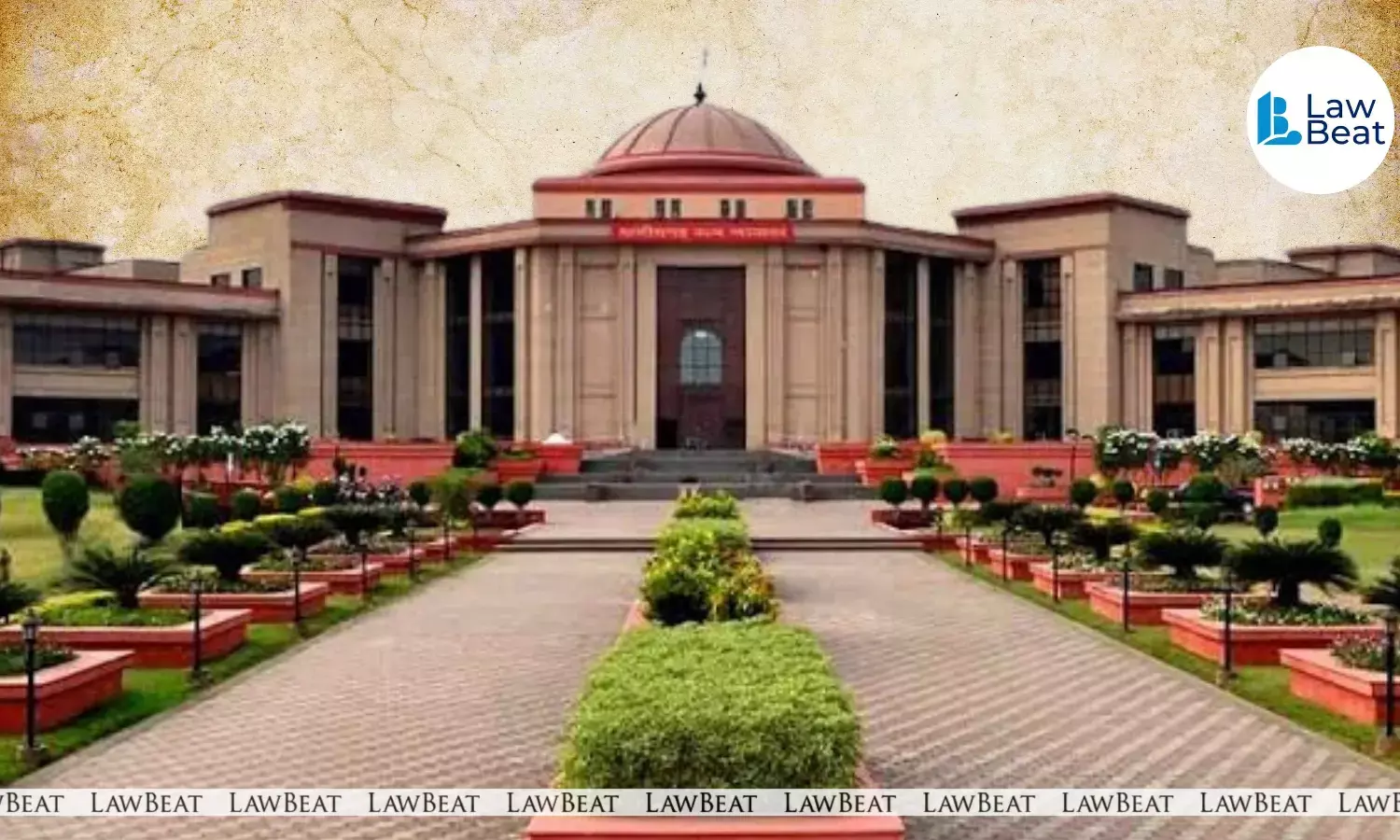Chhattisgarh High Court Upholds Increment Penalty on SBI Employee Accused of Sexually Harassing Staff, Customers

The Chhattisgarh High Court recently upheld disciplinary action taken against a State Bank of India employee for charges including sexual harassment and misbehavior with customers and colleagues.
A division bench comprising Chief Justice Ramesh Sinha and Justice Arvind Kumar Verma dismissed the appeal filed by Ram Krishna Soni, who had challenged the penalty imposed upon him following an internal inquiry.
A complaint was lodged by a woman customer who alleged that Soni (the accused), a Customer Assistant at the Nawapara, Rajim branch, had misbehaved with her during a cash deposit visit in April 2015. An internal investigation was launched, and based on its findings, the matter was referred to the Internal Complaints Committee under the Sexual Harassment of Women at Workplace Act, 2013. The Committee found merit in the allegations and recommended disciplinary action.
Following a detailed departmental inquiry in which six charges were examined — including sexual harassment, misbehavior, derogatory comments, and habitual latecoming — the accused was found fully guilty of three charges and partially guilty of three others. The Disciplinary Authority, in 2017, imposed a penalty reducing two increments in his pay with cumulative effect and disqualified him from future increments for two years. This was later modified by the Appellate Authority in 2018 to a stoppage of two increments with cumulative effect.
The accused contested the decision before the high court, arguing that the inquiry process violated principles of natural justice and that he was not given the opportunity to cross-examine witnesses. His writ petition was dismissed by the single judge bench in February this year, prompting him to file the present intra-court appeal.
The division bench, however, found no procedural irregularity in the disciplinary proceedings. It observed that the principles of natural justice had been duly followed and that the accused had failed to prove any malafide intent or perverse findings on the part of the disciplinary or appellate authorities.
Citing the Supreme Court’s ruling in Ajai Kumar Srivastava v. DGM, the high court reiterated that judicial review in such cases is limited to assessing procedural fairness and evidence-based findings, and not the re-appreciation of evidence.
Concurrent findings were recorded by both the disciplinary and appellate authorities. The penalty inflicted cannot be termed either shocking or disproportionate, the court noted.
Dismissing the appeal, the court affirmed that the departmental proceedings were conducted fairly, and that there was no ground to interfere with the punishment imposed.
Case Title: Ram Krishna Soni vs. Chairman-Cum-Managing Director National Banking Division Group, Hoshangabad and Ors
